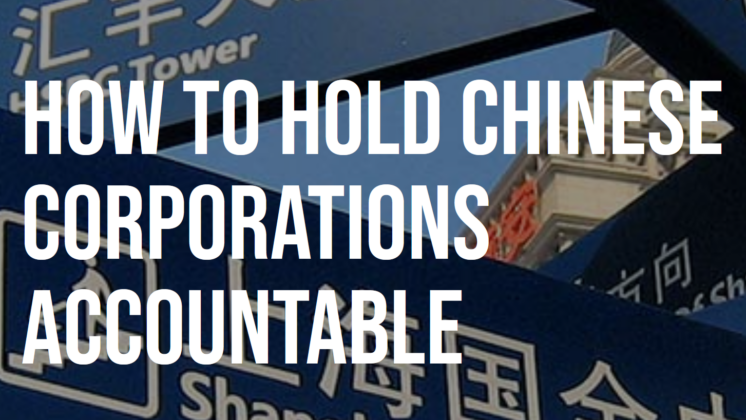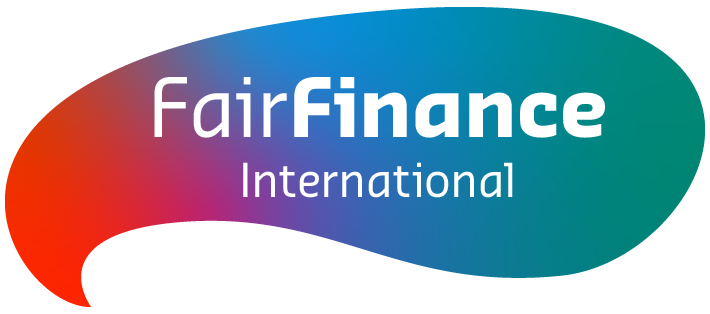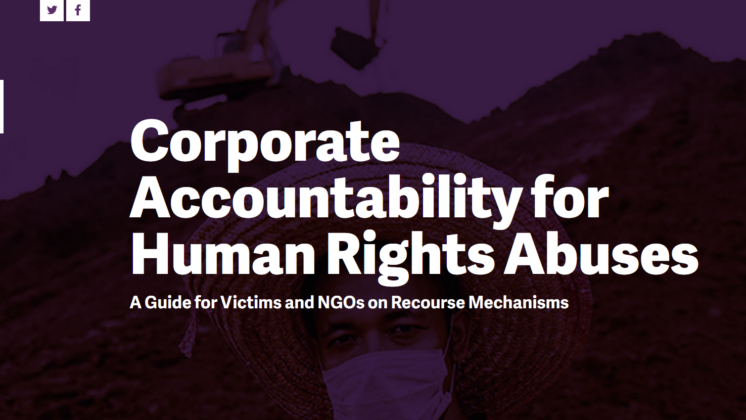Sometimes companies resist individuals and communities’ or wider civil society efforts to seek justice for harms committed. In such cases, targeting other actors with influence or leverage over the company can help change the power dynamics. These other actors may include business customers (such as retailers and brands that buy from the company), banks, individual shareholders, and institutional investors (such pension fund managers). All of them may be able to help bring pressure on the company to change its behaviour or to remedy a problem.

Targeting actors with leverage over companies works best when there is a clear case of harm linked to the company and when these actors can effectively engage with the harmful corporate strategy. Civil society concerns about corporate efforts to disseminate distorted information, engage in fraudulent activities, or manipulate scientific research, for example, are issues that you can raise with banks that lend money to or underwrite bond issuance of companies, as well as individual shareholders and institutional investors holding shares or engaging with company management.
RESOURCE: Guide to hold Chinese corporations accountable
Major buyers and retailers, such as supermarkets or big clothing or food brands, will also care about these issues. Additionally, they are often very sensitive to reputational risks, such as concerning labour rights abuses, that directly link to the products they sell. Putting a spotlight on the case by engaging directly with these influential actors, and by getting the media’s attention on the issue or deploying legal counter-strategies, is often effective.
While targeting actors with leverage over the company can be productive, it also has limits. Many of these actors are themselves companies (for example, buyers, retailers, and institutional investors) that will act to protect what they see as their own interests in ways that can reinforce corporate harmful strategies.
RESOURCE: Fair Finance’s benchmarking methodology for fact-based dialogue across the financial sector
For example, actors with a financial interest in a company, such as institutional investors, will often be concerned about the legal risks the company faces. This makes it unlikely they will intervene when a company seeks to keep a complaint in a forum favourable to its interests by engaging in jurisdiction shopping. And they will also give significant weight to the company’s version of events. It is therefore important to consider which issues to raise with which actors and how to frame these issues.
RESOURCE: FIDH guide for victims and NGOs on complaints mechanisms
Some regional and international financial institutions that invest in certain companies or corporate projects have accountability mechanisms that you can approach. These mechanisms will almost certainly have guidelines or standards that can be helpful in formulating a complaint about a corporate harm, and the subsequent acts or omissions of the company involved.
It is also useful to frame the issues in terms that will be meaningful to financial actors (see the counter-strategy reframing the issue). If it is relevant, focus on how the company failed to identify and manage risks adequately, or how its response to the harm has increased risks to the investment and the reputation of all actors involved. Another counter-strategy is to frame the company’s actions as a failure of the bank or investors’ own due diligence or human rights responsibilities, where you can credibly make this case.
When using this counter-strategy, it is important to have good rebuttal research to undermine the company’s position. If you gain the interest of institutional investors and individual shareholders, they will turn to the company for answers. If the company has a persuasive story to tell about the alleged harms, strong rebuttal evidence can help reduce the risk that the company’s story will prevail.




